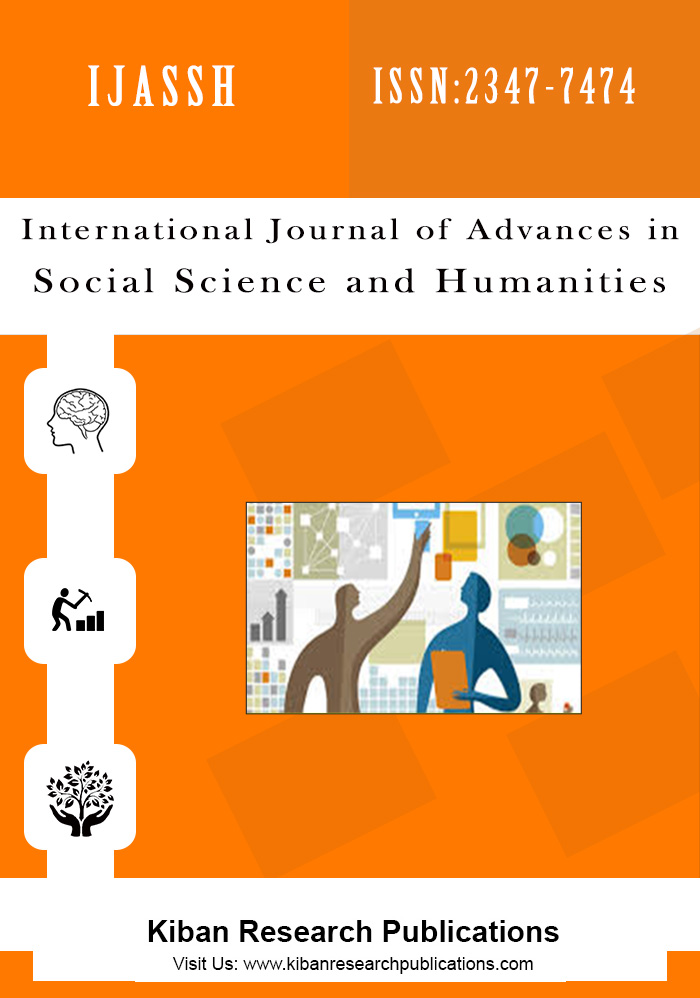A Case Study of the Brand Translation of Coca-Cola: Based on the Cultural Adaptation Theory
Abstract
Translation is an important form of intercultural communication. Brand translation is a key access for foreign customers to know the product. This paper chooses the brand translation of Coca-Cola as the research object, pointing out that Coca-Cola once experienced culture shock due to its brand translation. However, Coca-Cola eventually overcame the culture shock by adopting the strategy of integration put forward by Berry. What’s more, Young Yun Kim’s “stress-adaptation-growth†model helps us analyze each dynamic process of how Coca-Cola adapted to the Chinese market successfully. This paper not only enriches the application of cultural adaptation theory, but also stresses the importance of brand translation in modern international business world.
References
House, J. (2014). Introduction. House, J. (eds.). Translation: A Multidisciplinary Approach. Palgrave Advances in Language & Linguistics.
Chen, G.M. (2012). A theoretical construction of intercultural adaptation theory. Academic Research. 1, 130-138.
Dai, X.D. (2011). A Historical Review of Intercultural Communication Theories. Academic Research. 3, 137-146.
Oberg, K. (1960). Cultural Shock: Adjustment to New Cultural Environments. Practical Anthropology. 7, 41-46.
Gullahorn, J. T. & J. E. Gullahorn. (1963). An Extension of U-curve Hypothesis. Journal of Social Issues. 19, 33-37.
Berry, J. W. (2006). Acculturation: Living Successfully in Two Cultures. International Journal of Intercultural Relations. 29, 34-42.
Berry, J. W. (1980). Acculturation as Variety of Adaptation. Padila, A. M.(ed.). Acculturation: Theories, Model and Findings. Boulder: Westview.
Kim, Y. Y. (1988). Intercultural Transformation: a System Theory. Kim, Y. Y. & W. B. Gudykunst (eds.). Theories in Intercultural Communication. Newbury Park: Sage Publications.
Kim, Y. Y. (1979). Toward an Interactive Theory of Communication Acculturation. Communication Yearbook. 3, 17-19.
Li, H.M. (2007). Application of Nida' s “Functional Equivalence†in Brand Translation. Journal of Qiqihar University. 4, 134-135.
Hu, W. H. & Y. Li. (2016). An exploration of brand translation of the luxury brands in Chinese market. Journal of Xi’an International Studies University. 2, 126-129.
Wang, Z. E. (2009). A brand translation strategy study of the list company from the perspective of lexicology. Reform & Opening. 10, 66-67.




